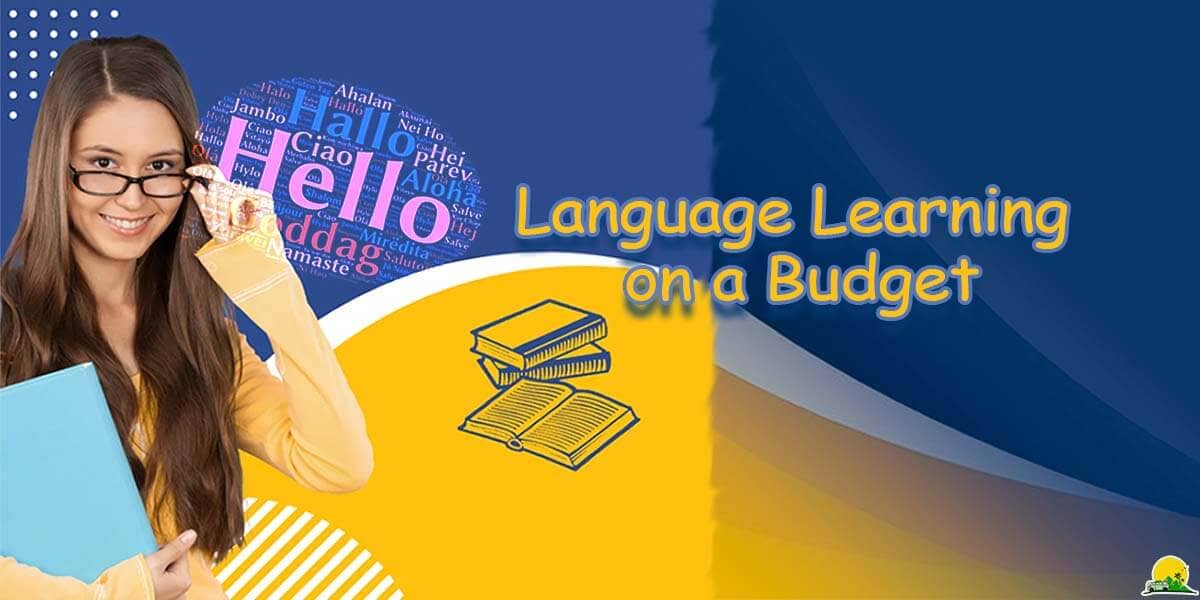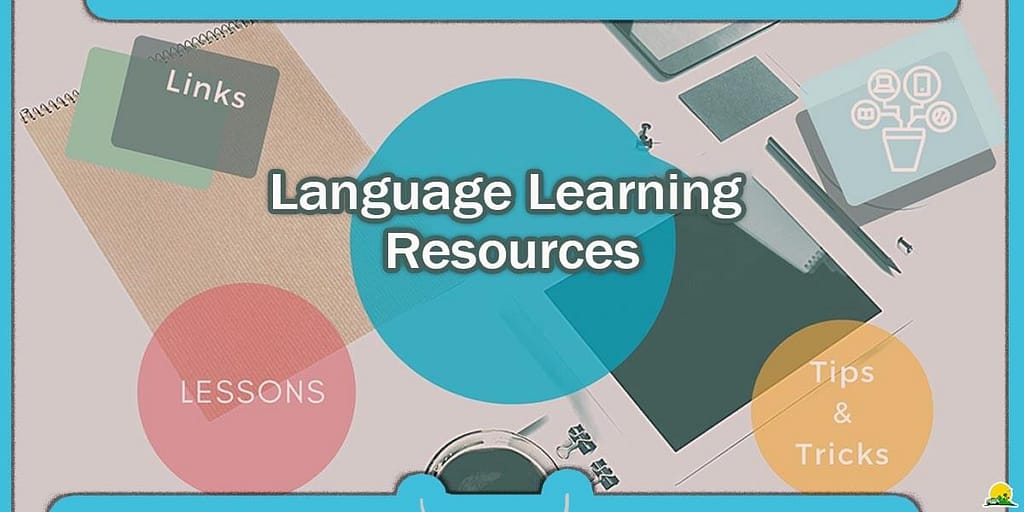Language Learning on a Budget: Free Resources and Apps

Language Learning on a Budget: Free Resources and Apps
Learning a new language is both an enriching and challenging endeavour. While language courses, classes, and study materials certainly aid the learning process, they often require a substantial financial investment that may only be feasible for some. However, in today’s digital age, abundant free resources and tools are available to help language learners study effectively on a budget.
index
ToggleApps for Language Learning on a Budget
Mobile apps have revolutionized language education by putting lessons literally in our pockets. Thanks to the competitive app market, many high-quality language learning apps are available for free or with limited functionality. Here are some of the top-rated free apps to consider:
Memrise
Memrise takes a memorization-based approach through spaced repetition flashcards and authentic video clips of native speakers. It’s well-suited for building vocabulary and exposing learners to real accents. The free version gives access to various user-generated courses, making Memrise versatile. Additional features like offline use require a premium subscription.
Drops
As a vocabulary-focused app, Drops utilizes visual learning through image-word association games to help memorization stick. It supports over 30 languages and offers short, engaging sessions that can easily fit into a busy schedule. With no ads or payment requirements, Drops is ideal for beginners looking to expand their vocabulary bank for free.
While these are just a sample of the many excellent free language learning apps, they represent some of the highest quality options based on reviews. Try different apps to see which learning style and targeted skills best suit your needs and language goals.
Websites for Self-Study and Immersion
Many excellent free language learning websites provide extensive self-study materials that can be accessed from any internet-connected device. Here are some top options to consider:
Duolingo
In addition to its popular app, Duolingo offers all of its courses through the browser-based website. This allows for flexible learning on any computer.
Babbel
While Babbel’s paid subscriptions provide the full experience, its free website content still includes lessons, vocabulary lists and exercises to sample its effective course-based approach.
Busuu
The Busuu website mirrors its app content, making peer-reviewed lessons and multimedia materials accessible from any browser for free.
News in Levels
Specifically designed for reading practice, News in Levels breaks down current news articles sentence-by-sentence with translations to build comprehension gradually.
Culture Pages
Websites promoting individual languages and cultures usually include basic phrase lists, writing systems and introductions to help learners engage with the target environment.
Online Flashcard Sites
Websites like AnkiWeb, Quizlet and Memrise allow you to access pre-made public flashcard decks or build your own for free.
Immersive language websites can also support self-study. Change your browser’s interface language, read websites and articles in your target language with translation extensions, or explore language exchange forums to find conversation partners. With creativity, you can gain meaningful exposure wherever you have an internet connection.
Libraries for Physical Resources

While their digital offerings expand, physical libraries remain treasure troves for language learners. Check if your local library has:
- Language learning books – Look for popular series like Teach Yourself, Assimil and Living Language.
- Audio courses and CDs – Listen and follow along with native speakers.
- Foreign language magazines and newspapers – Great for current events.
- DVDs of TV shows and films – Watch with or without subtitles.
- Reference books on the culture – Learn cultural insights and history.
Libraries also allow you to try learning materials before purchasing through interlibrary loans. Ask the librarian about additional language resources they may have.
Language Exchange Meetups
If available in your local area, attending language exchange meetups offers a low-cost way to practice speaking and make international friends through activities like:
- Conversation clubs at public libraries, community colleges or cultural centres
- Language cafe meetups organized by sites like Meetup or Interpals
- Language tables at local restaurants, bars or parks
- Cultural immersion events at international student centers
Regular in-person meetups regularly provide structured time to practice conversation skills with native speakers. It also encourages motivation through socialization while learning about different cultures firsthand.
Podcasts for Listening Practice
Podcasts deliver free, on-demand audio lessons you can listen to anywhere. Some top free language learning podcasts to subscribe to include:
Coffee Break Languages (Various) – Short, beginner-friendly episodes made for commutes.
News in Slow Spanish (Spanish) – Current events at an understandable pace.
Inner French (French) – Entertaining, culture-focused lessons for intermediate learners.
Deutsche Welle (German) – News and magazine-style shows from the renowned broadcaster.
Easy French (French) – Casual yet informative discussions on everyday topics.
Integrate podcasts into your routine activities like cooking, cleaning or exercising. They provide comprehensive listening practice to internalize pronunciation and expand vocabulary. Look for transcripts, too, to follow along.
Language Learning Games
Gamifying your studies through free language games keeps the learning process fun and engaging. Websites like Linguajuego and Board Game Geek have digital or printable games for vocabulary, grammar, reading and more that you can play solo or with others, such as:
- Flashcard matching games
- Hangman with target language words
- Bingo calling games in the target language
- Scavenger hunt style worksheets
- Pictionary with vocabulary prompts
- Jeopardy, Wheel of Fortune style review games
Games offer a mental break from traditional studying while reinforcing your skills through an interactive format. Get creative in designing your own to stay motivated.
Read More: Language Learning Adventures: How to Master a Foreign Language While Traveling
Tracking Your Progress
To stay accountable and recognize your improvements, consider the following:
- Retaking placement tests on learning platforms periodically
- Recording yourself speaking at regular intervals to compare
- Noting how much content you can comfortably understand
- Tracking new vocabulary and structures, you’ve learned
- Having exchange partners assess your speaking skills
- Comparing reading speeds and comprehension over time
Seeing concrete progress keeps you motivated during the learning process. Celebrate both small wins and larger achievements to stay encouraged along your language journey.
In Conclusion
Learning a new language can be a manageable monetary investment thanks to the many excellent free resources now available both online and offline. Dedicated language learners can achieve fluency through self-study by leveraging apps, websites, libraries, exchanges, and other budget-friendly tools.
With effective organization, goal-setting, varied practice methods and full immersion techniques, you can gain language skills far outweigh the monetary cost. The opportunities to learn are truly endless. Now, it’s up to you to take the first step by exploring the options that suit your learning style and language level. Start small, stay consistent, and let your language learning journey on a budget begin!
Recent Posts
Contact Us
+1 437 499 4559










